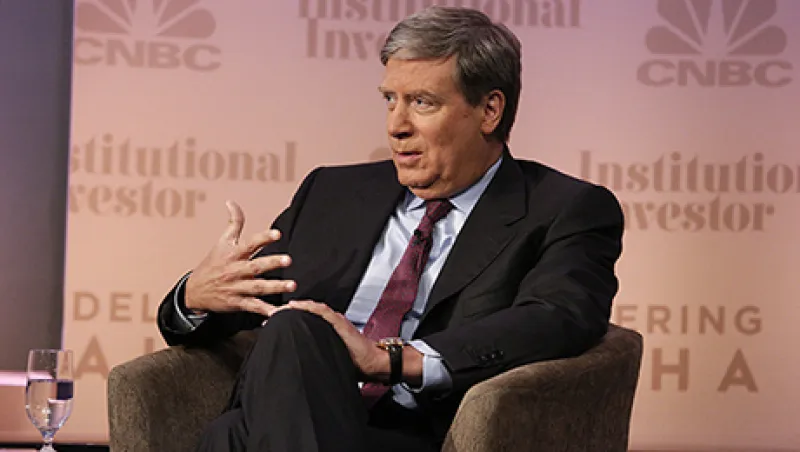
CNBC EVENTS -- Delivering Alpha 2014 -- Pictured: CNBC's Joe Kernen interviews Stanley Druckenmiller, Founder, Duquesne Capital Management and Chief Executive Officer and Chairman, Duquesne Family Office LLC at the CNBC Institutional Investor Delivering Alpha Conference in New York -- (Photo by: Heidi Gutman/CNBC)
CNBC/Heidi Gutman/CNBC

